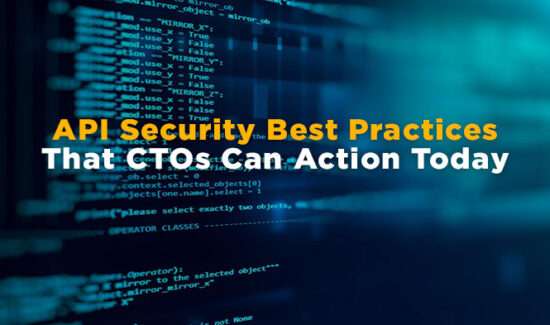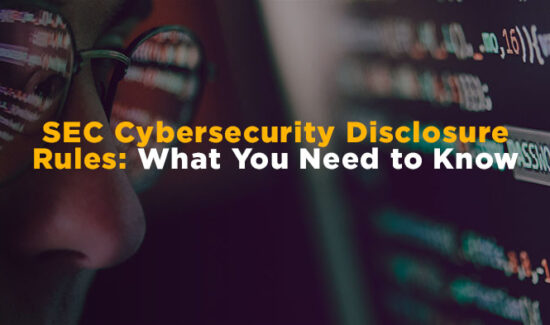Why You Need Better Cybersecurity Audits (and Auditing Practices)


Upon reading the title of this article, you may start to wonder what we mean. Doesn’t your IT security team handle your cybersecurity audits? Why would you and your employees need to see your cybersecurity audits? How would that improve your security posture? Would audits just contribute to our compliance reporting?
However, by asking the questions you illustrate our point. Enterprises can’t relegate cybersecurity to their IT security teams or otherwise ignore these issues. Your employees constitute your largest digital attack vector; their behaviors and adoption of cybersecurity best practices determine whether your enterprise stays secure or ends up at the mercy of hackers.
Of course, hackers do not possess mercy.
Only with better cybersecurity audits, and better practices for those audits, can your employees recognize what threats they face and what behaviors they need to avoid. Furthermore, better audits will dispel any disconnects or doublethink going on in your enterprise surrounding your security.
Here is what we mean:
Better Cybersecurity Audits, Fewer Illusions
A recent survey by Syncsort found a gap between confidence in security programs and their actual effectiveness. 85% of the respondents express confidence in their enterprise’s cybersecurity. Simultaneously, 41% said their enterprise suffered a data breach. Another 20% couldn’t say with certainty if their enterprise suffered a breach.
Why does this disconnect exist and persist? Plenty of factors contribute, but the Syncsort survey points to the lack of consistent cybersecurity audits as the most likely culprit. 32% of their respondents only perform cybersecurity audits on an annual basis. 19% do so every six months, and 23% every three months.
In turn, this lack of auditing may explain why enterprises only invest in the basic cybersecurity measures even as their investments grow; without clear information, enterprises labor under the illusion network firewalls and virus protection provide adequate protection by themselves.
More consistent cybersecurity audits—conducted at least quarterly if not more frequently—should dispel these illusions by revealing your enterprise’s most vulnerable areas. The information within these reports should also help your enterprise understand they need more than the basic cybersecurity capabilities to handle modern threats. Additionally, more audits will help your cybersecurity team identify threats more readily and expediently, cutting down on attacker dwell time.
Where Should You Focus Your Cybersecurity Audits
Syncsort found enterprise security audits tend to focus on a few key areas:
- Web Application Security
- Backup and Disaster Recovery
- Network Security
- Antivirus Programs
- Password Policies
However, limiting your cybersecurity audits too much can weaken its effectiveness; the information within will be limited in turn. Therefore, your enterprise should also audit:
- User and Entity Behaviors
- Privileged Access User Behaviors
- User Roles and Permissions
- Security Event Alerts
- Database Transactions
More comprehensive audits can help your enterprise figure out what to prioritize in your cybersecurity platform. You shouldn’t deploy SIEM across your entire network all at once, as just one example; doing so only results in unneeded stress and inadequate maintenance.
Instead, your SIEM deployment should prioritize the most vulnerable and valuable aspects of your network. Only with clear cybersecurity audits can you identify these areas.
Why Should You Share Your Audit Results With Your Employees
Your IT security team doesn’t work in a vacuum. Your employees and your privileged users’ behaviors and roles contribute to their efforts or work to their detriment. Most employees want to stay secure in their digital activities but may not have the knowledge to prevent a hack or attack.
Sharing the findings of your cybersecurity audits helps your employees understand their own role in your InfoSec hygiene. It motivates them to change their behaviors and to act with more caution in certain network areas or with key databases.
Above all, the key to better cybersecurity is better communication. Only with communication can you understand the threats and work to actually prevent them.
Hackers work best in the shadow. Better auditing turns on as many lights as possible. Will you turn on the switch?
Widget not in any sidebars























